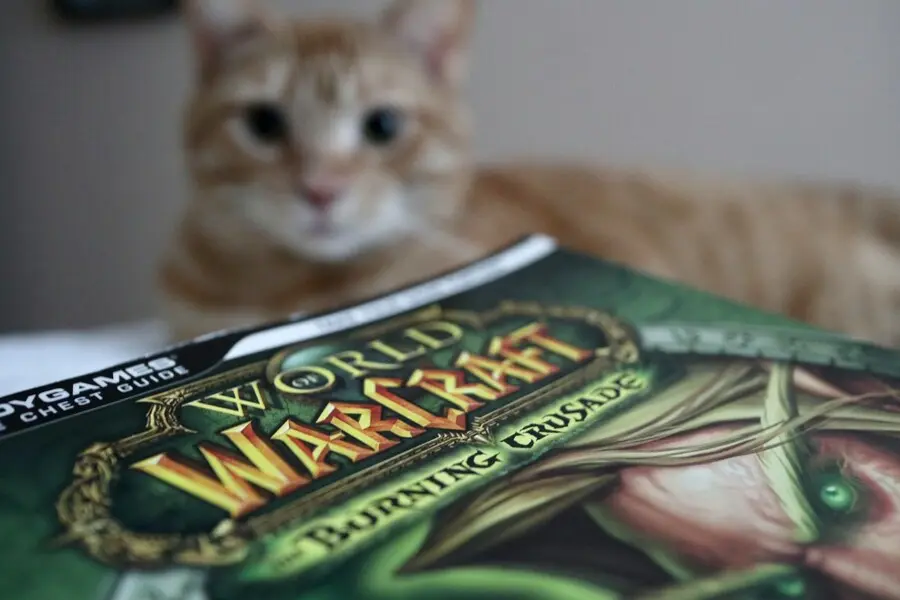Just as many hardcore Star Wars fans would prefer to forget the horrible prequels, die hard Queen followers generally tend to ignore the album "Hot Space". Released in 1982, the album contained many songs written in the same style as their best selling American single "Another One Bites The Dust". The album disillusioned both British audiences (who felt that Queen had strayed too far from their 1970`s hard rock roots) and American (who felt that Queen had become too camp). Within two years of its release, the band would proclaim it as a failed experiment, while Queen`s guitar wizard Brian May openly spoke about his dissatisfaction with the album. Since then, the album has often been unfairly sidelined (you will rarely find any of these tracks on their compilation of albums, excluding "Under Pressure") and it is regularly stated to be Queen`s weakest album (clearly those who judge those polls have not heard "Jazz" or "The Miracle") Although it is not a patch on "SHEER HEART ATTACK" or "A NIGHT AT THE OPERA", "HOT SPACE" should not be seen in such a negative fashion. Thecoming thirtieth anniversary looks at the most appropriate time to re-evaluate this album and to view as an art form and not just as an album that went off the rails.
Firstly, it sees fitting to promote the album for its experimental nature. If you were to compare them to many of their seventies prerequors, this album provided that Queen had more guts than they were often given credit for. While Black Sabbath, Deep Purple and AC / DC all rotted under the formulaic patterns of their work, Queen were liberated into another realm of musical territory. Graduating from the grandiose progressive rock of the early seventies to the tighter knit rock sound of the late seventies and continuing into a pop sensation as they approached the 1980`s, Queen showed they had more than one genre to their bow. To criticize their view to experiment into unseen territories is absurd, considering that many of the same critics, would criticize similar artists for retaining the exact same structure on all their albums.
It is the songs, and not it`s background or intentions, that an album should be judged on at the end of the day. The album is filled with gems such as entertaining funk songs ("Staying Power", "Back Chat"), frivolous pop songs ("Calling All Girls"), an illustrious ballad ("Las Parablas de Amor"), a moving tribute to the recently disrupted John Lennon ("Life Is Real") and even a good old fashioned rocker ("Put Out The Fire").
That is not to say, however, that everything on the album is a success. "Body Language" tries it`s best to be an erotic song when in fact it`s so mundane it is illegally to turn anyone on. "Dancer" also attempts to appear slick and sexy but it`s synth bass line (not played by bassist John Deacon, but by Brian May) is so robust that it irritates the listener rather than impress it. "Action This Day" features Drummer Roger Taylor and frontman Freddie Mercury`s growing as if they were Chic, is so immense a failure that they should not have bothered to put the track on the record. And the very fact that superstar David Bowie requested that his vocals be removed from "Cool Cat" should have been an indicator how poor the track was!
Thankfully, however, he did not ask for his vocals to be removed from the brilliant "Under Pressure". Not only is it by far the finest track on the album, it may also be the finest collaboration in popular music. Featuring Bowie`s exuberant baritone voice duetting with Mercury`s operatic overtones, it is a gift from heaven. On top of that you have John Deacon`s brilliant bass riff. This bass line is one of the most recognizable in pop music and was so good, Vanilla Ice place it to use on his song "Ice Ice Baby". That bass line has sustained him a long and fruitless career! "Under Pressure" is there before worth the price of the album alone.
In short, it would be incorrect to claim that this is a perfect album. But it`s imperfections show an adventurous side to the band that few bands can boast. Having declared it imperfect, however, it does have more than its fair share of very good tracks. It should be bracketed opposite "Presence", "Be Here Now" and "Zooropa" for flawed ingenuity.
Source by Eoghan M Lyng












